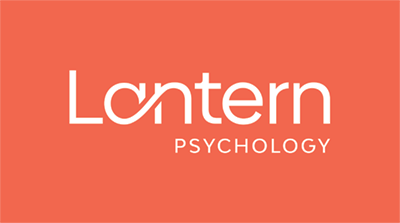Everyone goes through challenges in life. While you may have been able to cope with the challenges you’ve encountered in the past, it’s always a good idea to seek extra support when you need it. In fact, when you realise you need a helping hand, you’re taking responsibility for your life.
And remember, therapy need not be a long-term commitment. For some people, a few sessions and a couple of new strategies are all they need to get back on track.
For a start, there is no need to lie on a couch – unless you really want to.
At Lantern Psychology we employ evidence-based treatment approaches tailored to help you with your particular problem.
Therapy usually involves:
- Gaining an understanding of the problem and the client’s goals for therapy.
- A joint agreement about the conceptualisation of the problem, treatment approach and plan. This generally includes the type of approach therapy will take, the targets for change and an estimated number of sessions.
- Working on improving understanding and insight into problems, patterns and behaviours and learning skills to address change and, if patterns of behaviour, emotions and beliefs are rooted in past events and experiences,
- Processing past events to address barriers to client goals.
While at Lantern Psychology, we favour a short-term mindfulness-based cognitive, behavioural therapy when appropriate, we are most concerned with what works for the individual and to this end, other therapeutic modalities, including EMDR and Internal Family Systems will be offered if considered appropriate to client goals.

